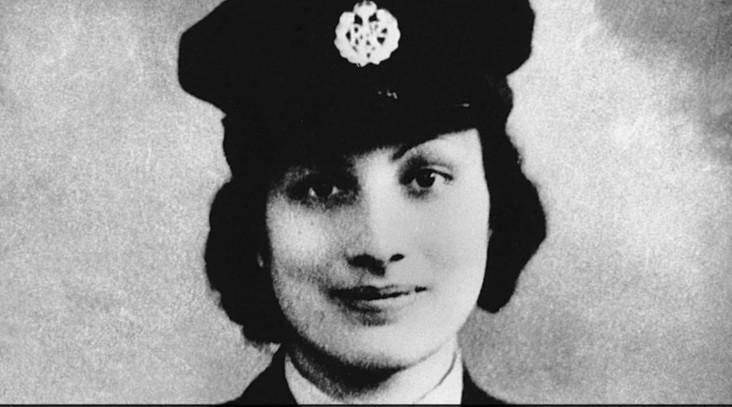
France Honours British Indian Spy & Tipu Sultan’s Descendant Noor
In a historic tribute, France has honoured Noor Inayat Khan, a descendant of Tipu Sultan and a World War II undercover British agent, with a commemorative postage stamp. This makes her the only Indian-origin woman to receive this tribute. Noor’s bravery and sacrifice during the war have been recognized and celebrated by France, a country she gave her life for.
Noor Inayat Khan was born on January 1, 1914, in Moscow, Russia, to an Indian father and an American mother. Her father, Inayat Khan, was a musician and a Sufi teacher who had moved to the United States and then to Russia. Noor’s family later settled in London, where she grew up and developed a passion for music and writing. She was a skilled harpist and wrote children’s stories, which were published in French and English.
However, Noor’s life took a dramatic turn when World War II broke out. She joined the Women’s Auxiliary Air Force (WAAF) in 1940 and was later recruited by the Special Operations Executive (SOE), a secret British organization that conducted espionage and sabotage operations behind enemy lines. Noor was trained as a wireless operator and was sent to France in 1943 to work with the French Resistance.
Noor’s work in France was incredibly brave and risky. She was one of the few female agents sent to France, and her role was to transmit vital information back to London. She used the codename “Madeleine” and worked tirelessly to send messages and receive instructions from her handlers. Despite being constantly on the move and living in hiding, Noor continued to transmit vital information, often under the nose of the enemy.
Tragically, Noor’s bravery was ultimately her downfall. She was arrested by the Gestapo in 1943 and subjected to intense interrogation and torture. Despite the brutal treatment, Noor refused to reveal any information about her work or her colleagues. She was eventually sent to the Pforzheim prison in Germany, where she was kept in solitary confinement.
In 1944, Noor was transferred to the Dachau concentration camp, where she was executed on September 13, 1944. Her bravery and sacrifice were not recognized until many years later, when she was posthumously awarded the Croix de Guerre, France’s highest civilian honour, and Britain’s George Cross.
The French government’s decision to honour Noor with a commemorative postage stamp is a testament to her bravery and sacrifice. It is a fitting tribute to a woman who gave her life for the freedom of France and the Allied forces. The stamp features a portrait of Noor, with the Eiffel Tower and the Union Jack in the background, symbolizing her connection to both France and Britain.
Noor’s legacy extends far beyond her work as a spy. She was a pioneering figure for Indian women, who were rarely recognized for their contributions to the war effort. Her bravery and sacrifice have inspired generations of women, and her story has been the subject of numerous books, films, and documentaries.
In recent years, Noor’s story has gained widespread recognition, thanks in part to the efforts of her biographer, Shrabani Basu. Basu’s book, “Spy Princess: The Life of Noor Inayat Khan”, has helped to raise awareness about Noor’s life and work, and has inspired a new generation of readers to learn about this remarkable woman.
In conclusion, France’s decision to honour Noor Inayat Khan with a commemorative postage stamp is a fitting tribute to a woman who gave her life for the freedom of France and the Allied forces. Her bravery and sacrifice will never be forgotten, and her legacy will continue to inspire generations to come.






